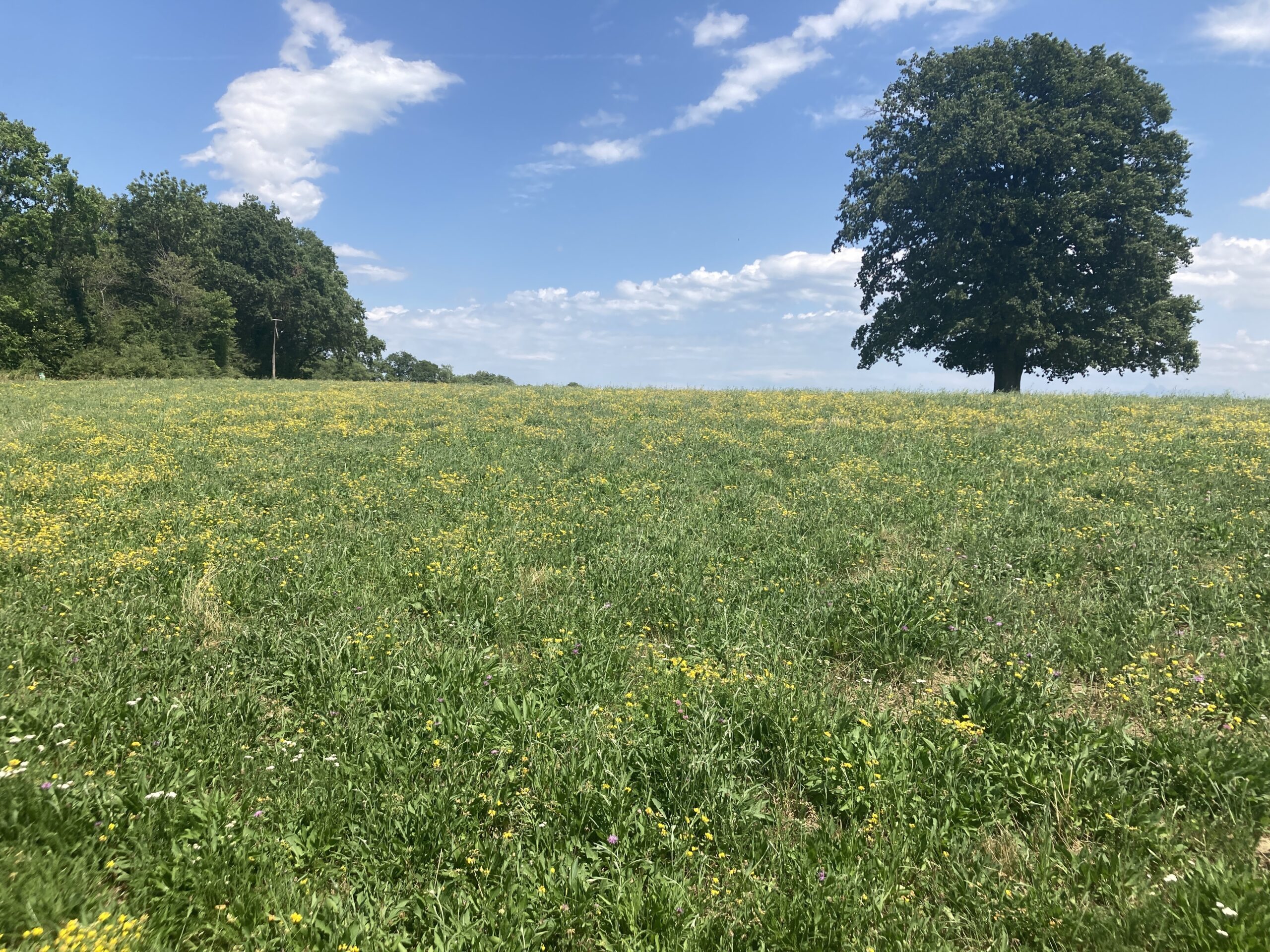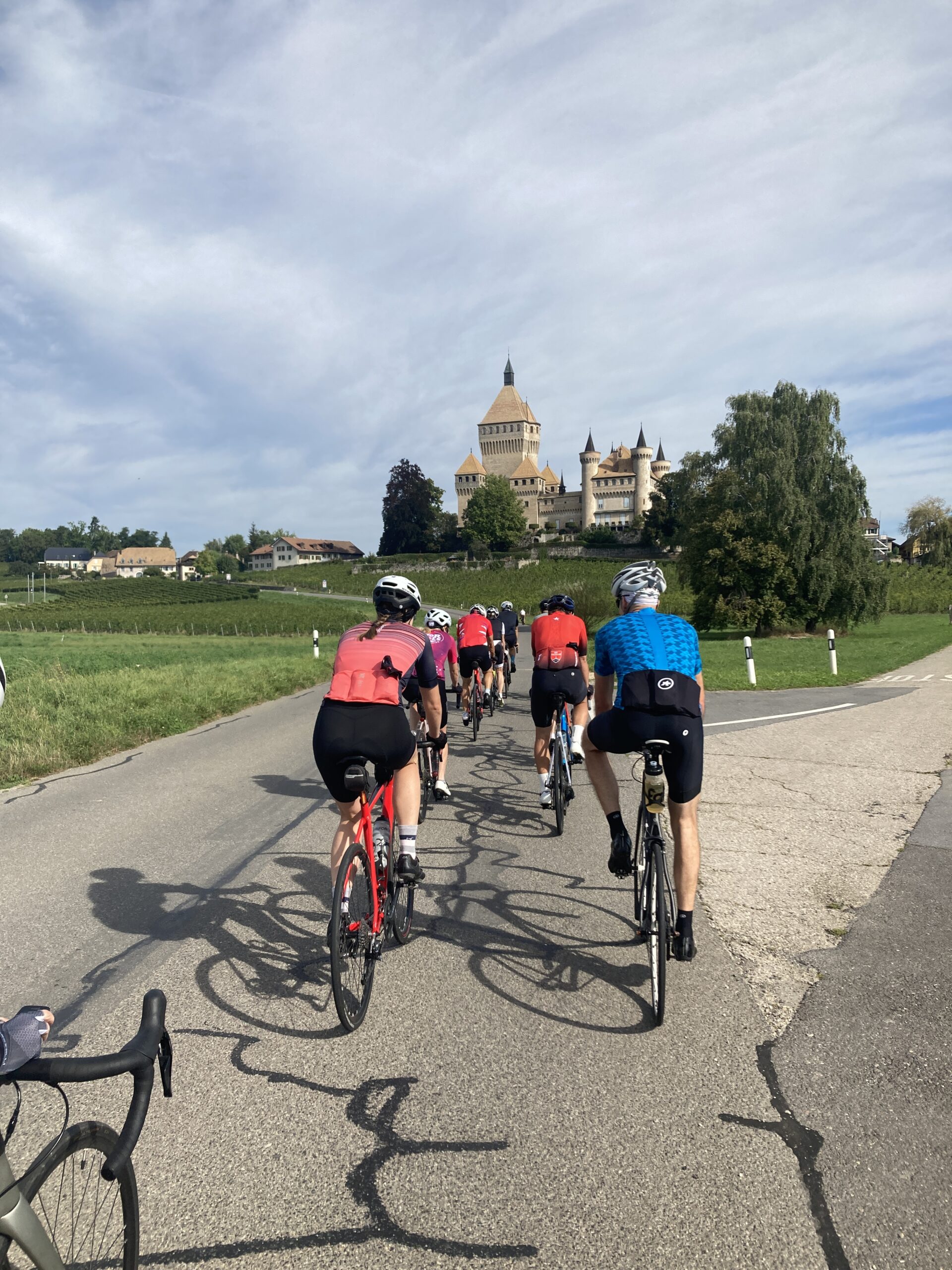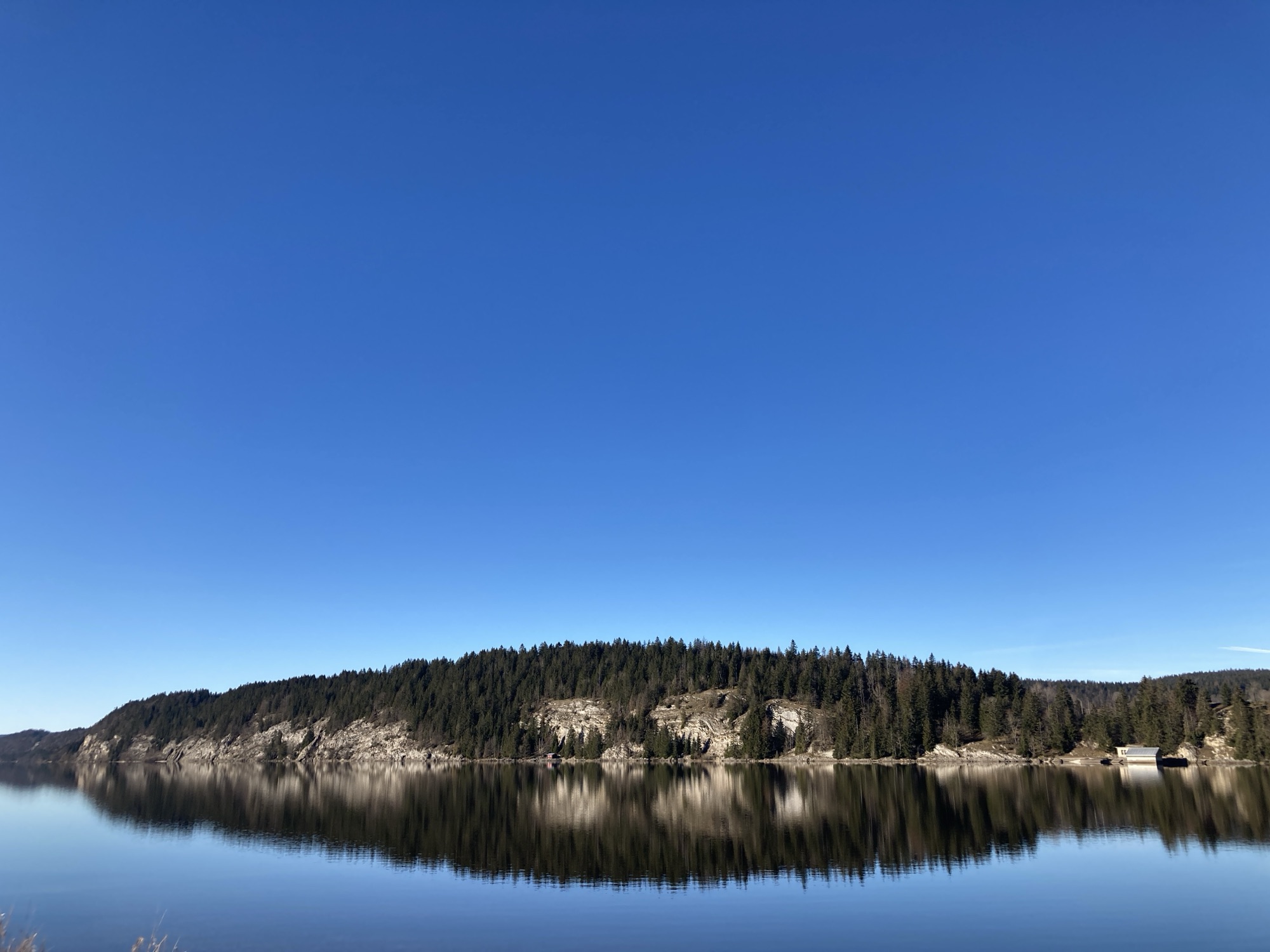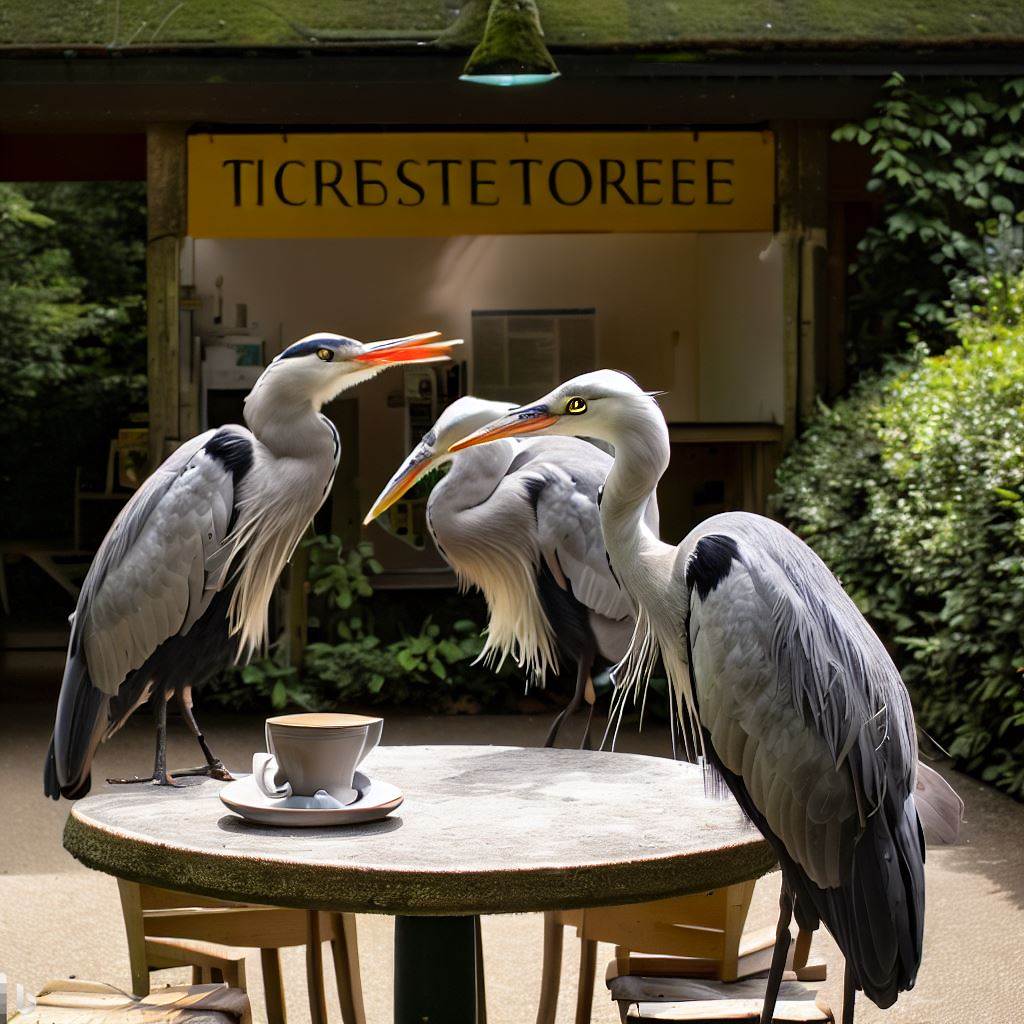Category: social media
-

A Possible WordPress Implosion
Reading Time: 2 minutesWordPress and WordPress engine are fighting at the moment. Mullenweg wants WP-Engine to pay its fair share, or contribute more developer hours to keep improving WordPress as a whole. To be more specific “a significant percentage of its revenues for a license to the WordPress trademark.” source “The abbreviation ‘WP’ is not…
-

Strava and the Fallacy of Quick Edit
Reading Time: 2 minutesTwo days ago Strava came out with their "Quick edit" feature that is actually nothing new. They claim that it will simplify renaming activities to get more likes but that’s not what the "simple edit" is about. It’s about renaming activities to train AI. Some apps will call a run Morges Run,…
-

Threads and Chirping
Reading Time: 2 minutesFor less than a week I have been using Threads heavily. In that time I have commented on plenty of posts without senseing any hostility or unpleasantness so I thought that Threads may be troll free. I realise that this is not the case after posting that I would not get the…
-

Wake Up and Run in Nyon Tomorrow
Reading Time: < 1 minuteYesterday the town of Nyon posted about the Wake Up and Run event that is taking place tomorrow so I felt like signing up until I saw that it costs 38 CHF, and then I changed my mind, temporarily. Eventually I thought "This is in Nyon so it’s local, so I…
-

The Tour De Romandie Small Reconnaissance Loop
Reading Time: 3 minutesYesterday 60 people went to Morges to cycle the Tour De Romandie Morges stage ahead of the race today. There were two loops, a 90+ kilometre loop for an average speed of 29km/h on the flat and another loop for an average speed of 25 km/h on the flat and a distance…
-

-

A Mixed Ride along the Women’s Tour De Romandie Track
Reading Time: 3 minutesA few years ago I went for a ride and noticed that people were standing by the side of the roads and there was little traffic. I eventually realised that it was for the Tour De Romandie and that I was riding at least an hour ahead of the race. It was…
-

What Threads Could and Should Be
Reading Time: 2 minutesPeople on FB have pigeon holed me as negative, and don’t understand why I am this way. The reality is that I believe the algorithms highlight when I am negative, rather than positive. I also think that there is a certain amount of bias against me. I post plenty of positive things…
-

Hiking to Valangin From Neuchâtel
Reading Time: 3 minutesYesterday I went for a hike from Neuchâtel to Valangin. This is a 14 kilometre loop that begins with a relatively steep climb out of the city before heading into the woods. You hear the sounds of the road every so often as you crisscross paths with it. The castle was used…
-

The Anti Whatsapp for Conversation Mentality
Reading Time: 2 minutesRecently I was added into a Whatsapp group where people discuss things to do in Geneva as well as more interesting activities a drive from Geneva. I was given admin privilieges on Whatsapp to organise events. In connection to this I shared activity ideas, interesting videos and more related to the topic.…